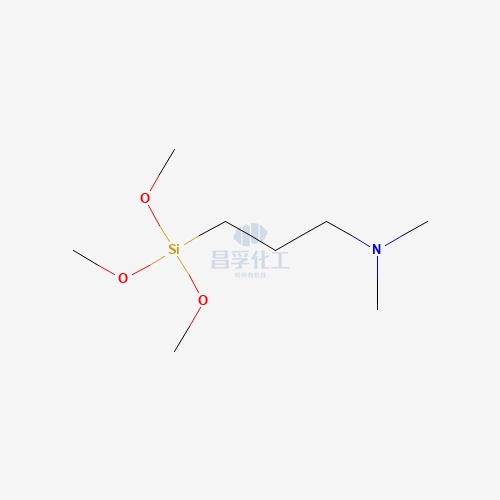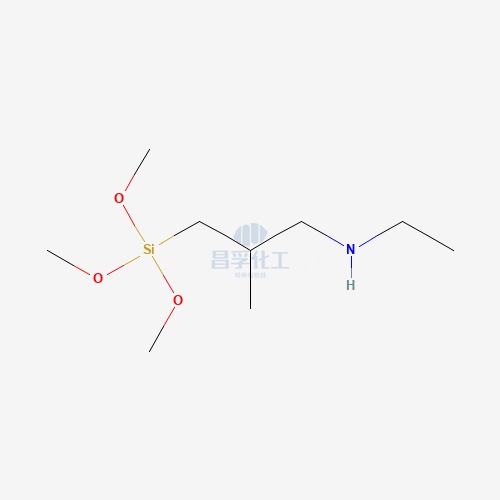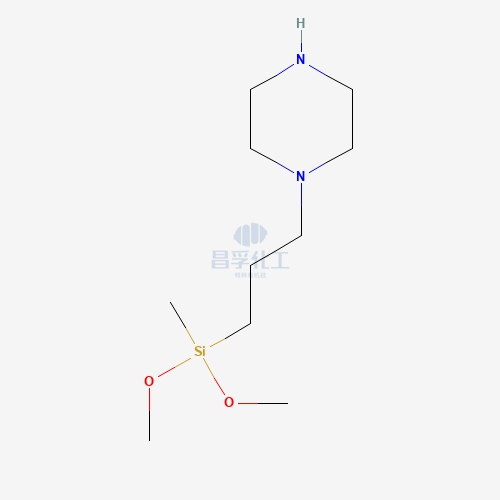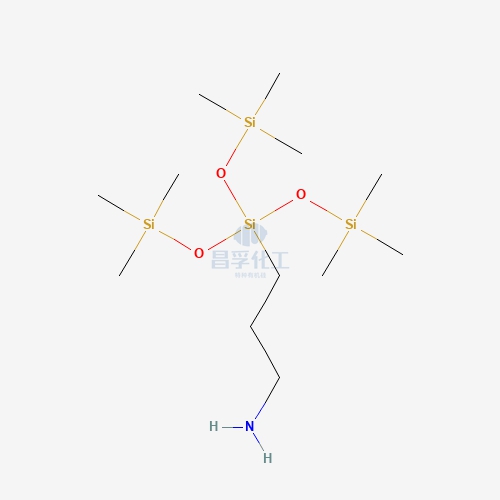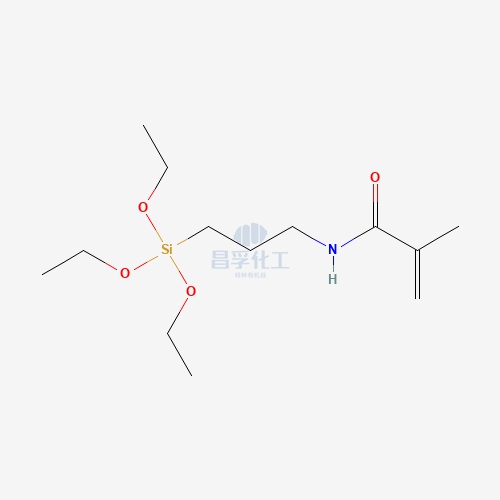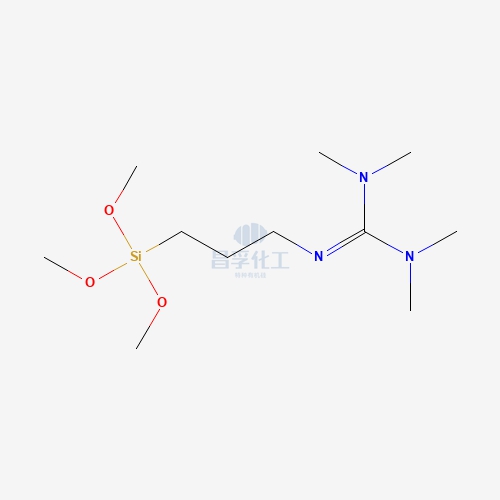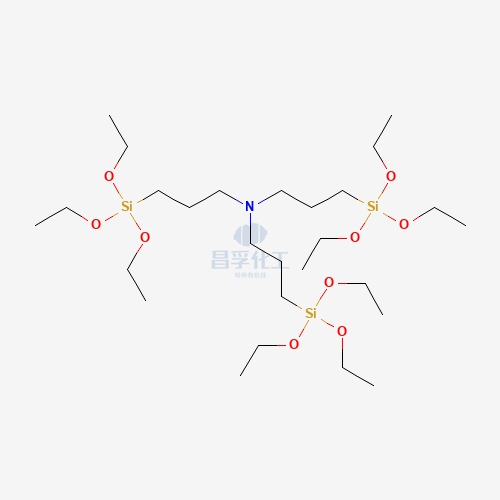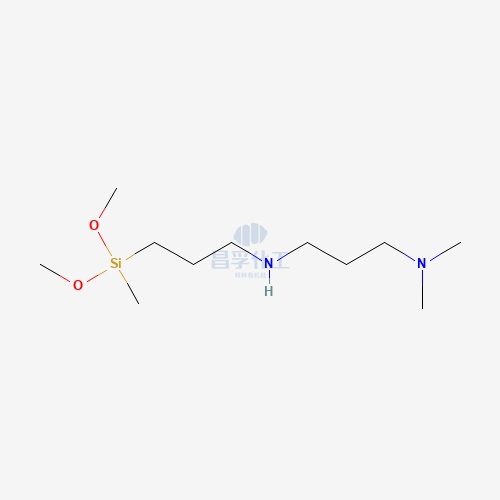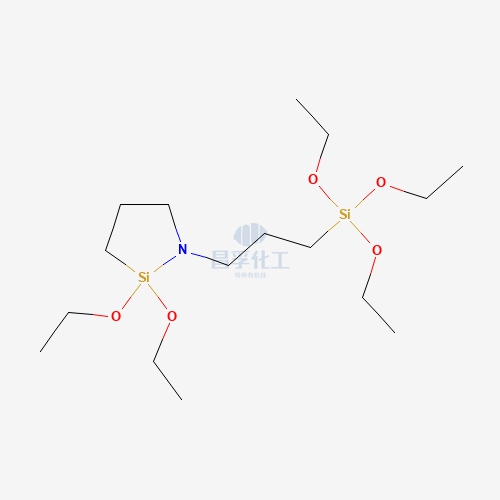
Contact Changfu Chemical Now!
+86 27 8439 6550 | +86 181 6277 0058
The Benefits of Silicone Heat Transfer Fluid in Industrial Applications
In today's rapidly advancing industrial landscape, efficient thermal management has become paramount for enhancing operational effectiveness and ensuring safety. Among the various thermal fluids available, silicone heat transfer fluid stands out as a versatile and high-performance option for a wide range of applications. This blog will delve into the numerous benefits of silicone heat transfer fluids, their applications in industrial settings, and why they should be considered for effective heat transfer solutions.
Understanding Silicone Heat Transfer Fluids
Silicone heat transfer fluids are synthetic fluids formulated from polydimethylsiloxane (PDMS) and other siloxane-based compounds. These fluids exhibit unique thermal properties that make them suitable for a variety of high-temperature applications. Unlike traditional heat transfer fluids, silicone-based alternatives can maintain their thermal stability and performance even in extreme conditions, making them an ideal choice for industries that demand reliable heat management solutions.
Key Properties of Silicone Heat Transfer Fluids
1.High Thermal Stability: Silicone heat transfer fluids can withstand a wide temperature range, typically from -40°C to over 300°C. This exceptional thermal stability ensures that the fluid remains effective in both heating and cooling applications without degrading over time.
2.Low Viscosity: Silicone fluids exhibit low viscosity, which facilitates efficient heat transfer by reducing resistance to flow. This property is particularly beneficial in systems requiring rapid thermal response.
3.Chemical Inertness: Silicone fluids are chemically stable and non-reactive, making them safe for use in sensitive environments. They do not corrode metal components or degrade in the presence of other substances, ensuring a longer lifespan for equipment.
4.Non-Toxicity: Many silicone heat transfer fluids are non-toxic and environmentally friendly, which is essential for applications in food processing, pharmaceuticals, and other industries where safety is paramount.
5.Excellent Heat Transfer Properties: The unique molecular structure of silicone fluids allows for superior thermal conductivity and heat capacity, enabling efficient heat transfer in various applications.
Advantages of Using Silicone Heat Transfer Fluids in Industrial Applications
1. Enhanced Energy Efficiency
One of the primary benefits of silicone heat transfer fluids is their ability to improve energy efficiency. Due to their high thermal stability and excellent heat transfer properties, these fluids allow industrial systems to operate at optimal temperatures with minimal energy losses. This efficiency translates to lower operational costs and reduced energy consumption, making silicone fluids an economically viable choice for industrial applications.
2. Improved Equipment Longevity
The chemical inertness and stability of silicone heat transfer fluids contribute significantly to the longevity of industrial equipment. Traditional heat transfer fluids can lead to corrosion, scaling, and deposit formation, ultimately resulting in costly repairs and downtime. In contrast, silicone fluids do not react with metal surfaces or other materials, thereby prolonging the lifespan of heat exchangers, pumps, and other critical components.
3. Versatility Across Applications
Silicone heat transfer fluids are suitable for a wide range of industrial applications, including:
Heat Exchangers: Silicone fluids can effectively transfer heat in various heat exchangers, ensuring efficient temperature regulation in processes such as chemical manufacturing and HVAC systems.
Thermal Oil Systems: Many industries rely on thermal oil systems for heating processes, and silicone fluids can enhance the performance of these systems by maintaining stable operating temperatures.
Solar Thermal Applications: In solar energy systems, silicone heat transfer fluids can efficiently absorb and transfer heat from solar collectors to storage tanks, optimizing energy conversion and storage.
4. Safety and Environmental Benefits
With growing concerns about environmental sustainability, the use of non-toxic and environmentally friendly silicone heat transfer fluids has gained popularity. These fluids do not pose significant health risks to workers and are safe for use in food processing and pharmaceutical industries, where contamination is a critical concern. Additionally, silicone fluids are often biodegradable, making them a safer alternative to traditional petroleum-based fluids.
5. Reduced Maintenance and Downtime
The durability and stability of silicone heat transfer fluids contribute to reduced maintenance requirements and downtime in industrial operations. With less risk of fluid degradation or component corrosion, companies can enjoy smoother operations with fewer interruptions. This reliability is particularly advantageous in industries where production schedules are tight and downtime can lead to significant financial losses.
6. Compatibility with Existing Systems
Silicone heat transfer fluids are often compatible with existing industrial systems, making them a straightforward replacement for traditional heat transfer fluids. Their low viscosity and excellent heat transfer properties allow for easy integration into existing processes without the need for significant modifications.
7. High Temperature and Low Temperature Applications
Silicone heat transfer fluids excel in both high-temperature and low-temperature applications. They remain effective in extreme conditions, making them suitable for processes that require precise temperature control, such as in chemical reactions or material processing. This adaptability allows industries to leverage silicone fluids across a variety of applications, enhancing their overall thermal management strategies.
![]()
Industrial Applications of Silicone Heat Transfer Fluids
1. Chemical Processing
In the chemical processing industry, precise temperature control is crucial for optimizing reaction rates and ensuring product quality. Silicone heat transfer fluids can efficiently transfer heat in reactors and heat exchangers, maintaining the desired temperatures for various chemical processes. Their high thermal stability and non-reactive nature make them ideal for this application.
2. Food and Beverage Processing
Safety and hygiene are paramount in the food and beverage industry. Silicone heat transfer fluids offer non-toxic and environmentally friendly options for heating and cooling processes, ensuring that products remain safe for consumption. These fluids can be used in pasteurization systems, cooking equipment, and other applications where thermal management is essential.
3. Pharmaceutical Manufacturing
In pharmaceutical manufacturing, strict regulations require the use of safe and reliable thermal fluids. Silicone heat transfer fluids are non-toxic and do not contaminate products, making them suitable for applications such as heat sterilization, extraction, and distillation processes.
4. Plastics and Polymers
The plastics and polymers industry often relies on precise temperature control during manufacturing processes. Silicone heat transfer fluids can effectively manage temperatures in extruders, molds, and other equipment, ensuring optimal processing conditions and high-quality products.
5. HVAC Systems
Heating, ventilation, and air conditioning (HVAC) systems benefit from the use of silicone heat transfer fluids, which can efficiently manage temperatures in chillers, heat pumps, and other components. Their excellent thermal conductivity ensures that HVAC systems operate effectively, providing comfortable indoor environments.
Conclusion
Silicone heat transfer fluids offer a multitude of benefits for industrial applications, from enhanced energy efficiency and improved equipment longevity to safety and environmental advantages. Their versatility, compatibility, and high-performance properties make them an ideal choice for a wide range of industries, including chemical processing, food and beverage, pharmaceuticals, plastics, and HVAC systems.
As industries continue to prioritize efficiency and sustainability, the adoption of silicone heat transfer fluids is likely to grow, solidifying their position as a leading solution for effective thermal management. By understanding the benefits and applications of these innovative fluids, businesses can make informed decisions to optimize their thermal processes and drive operational success.
Popular Silicon Compounds
Popular Silicon Compounds
Related News & Blog
Related News & Blog


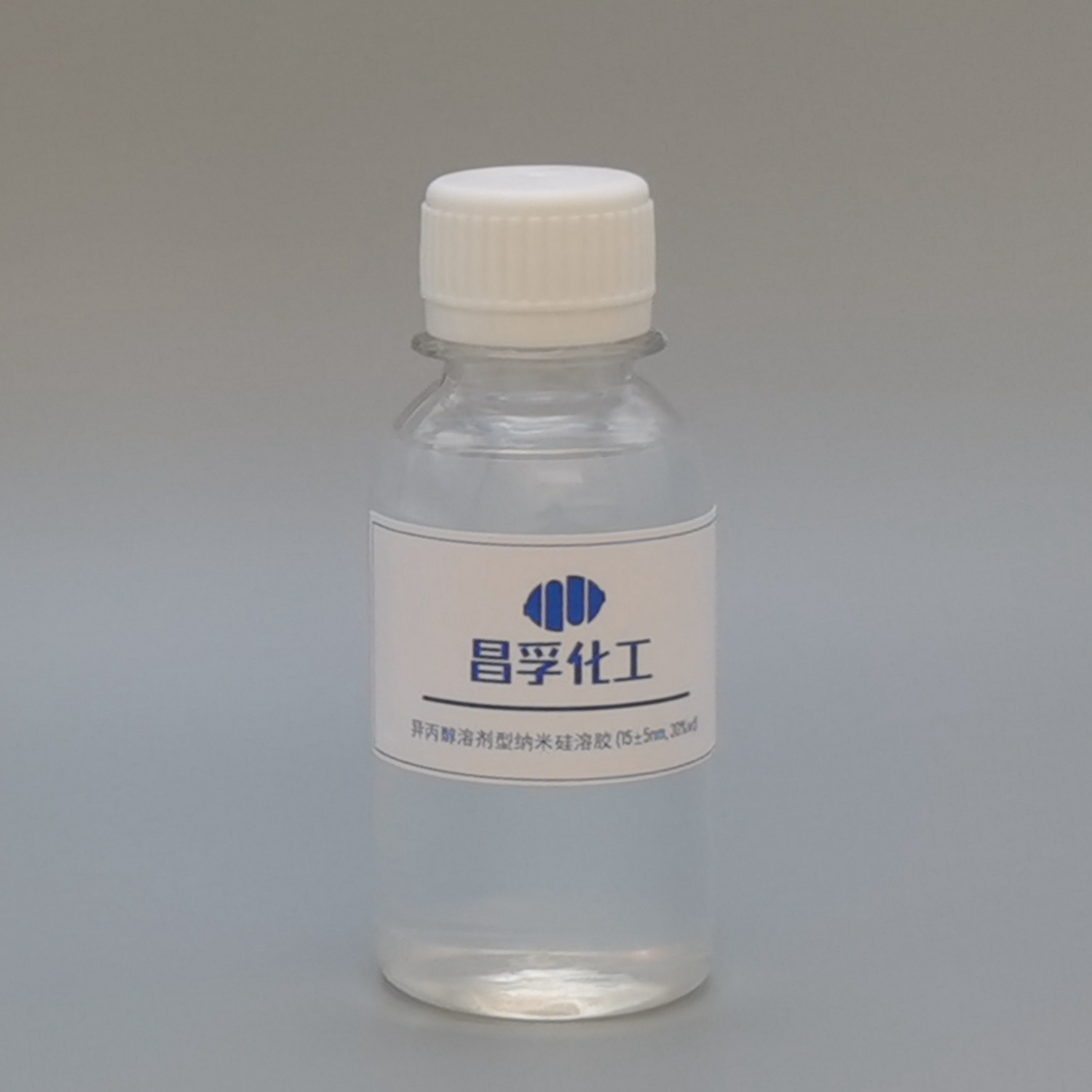





















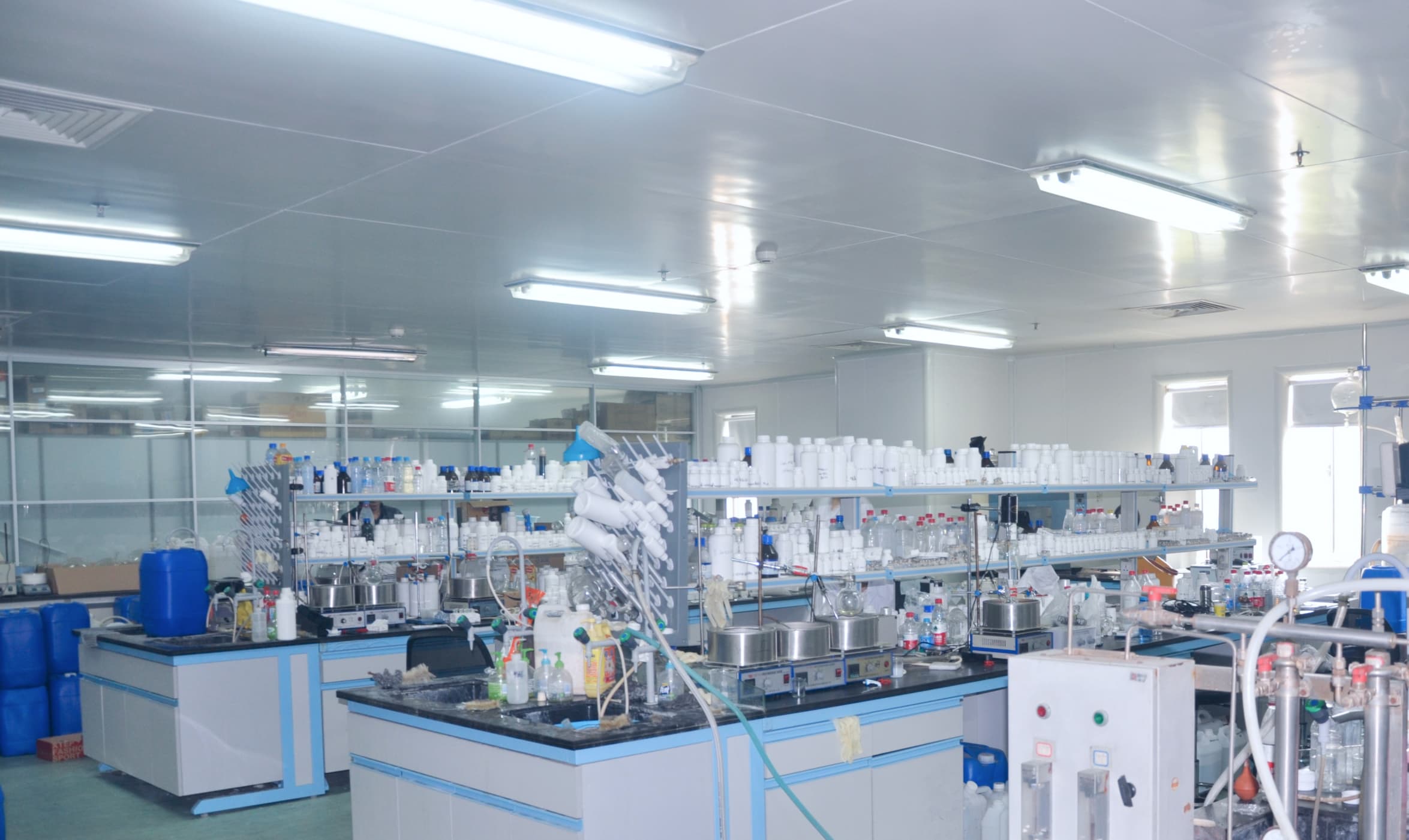






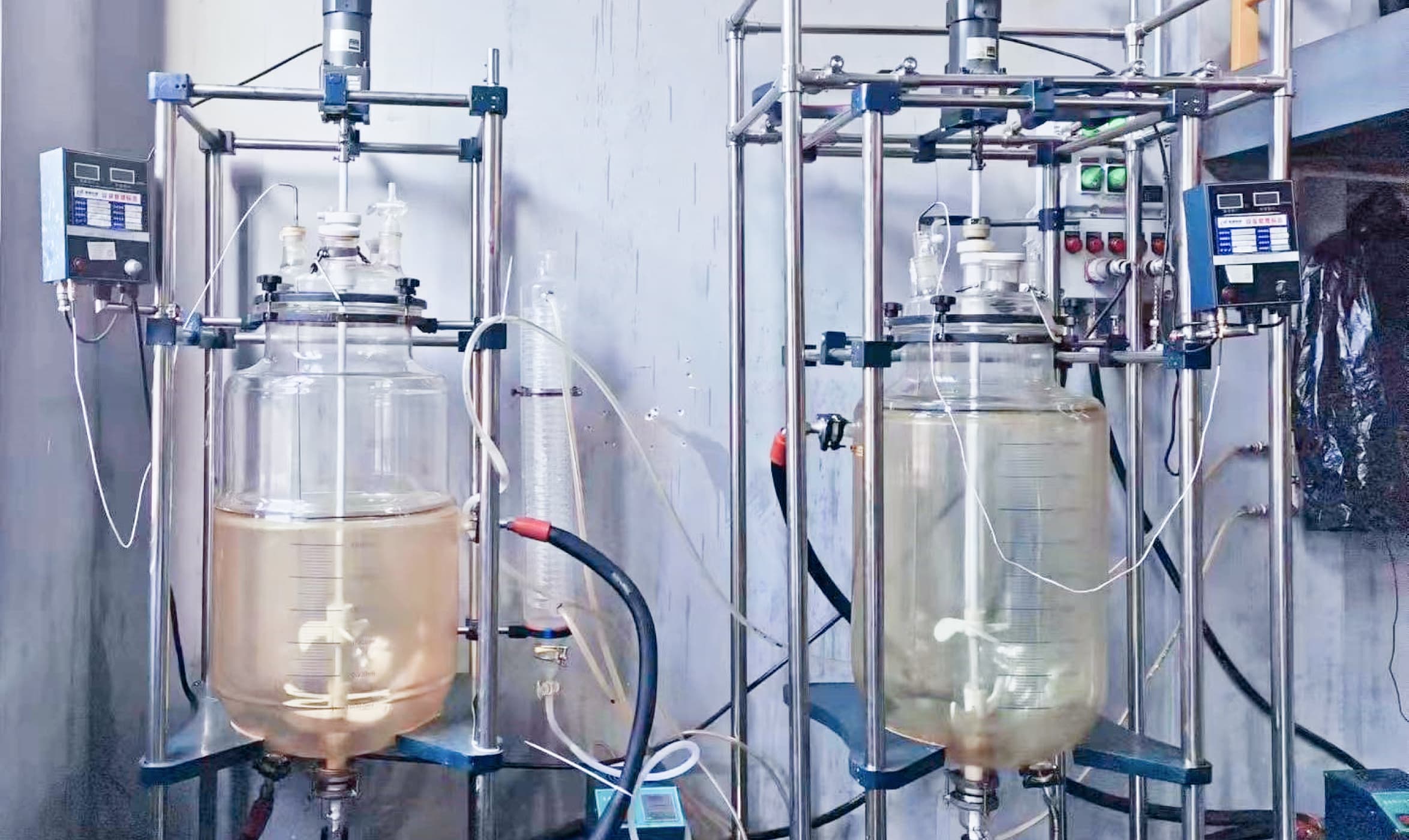



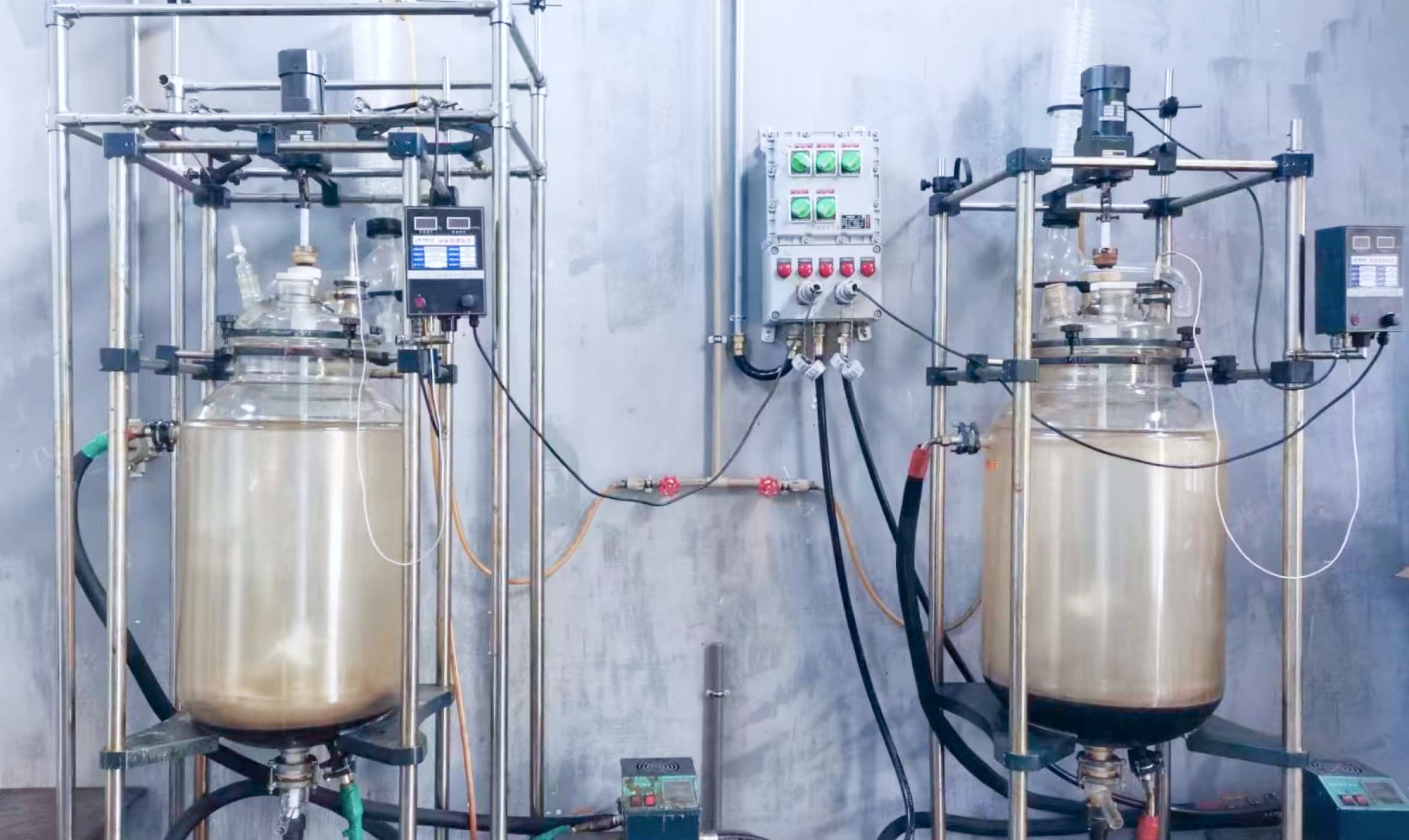






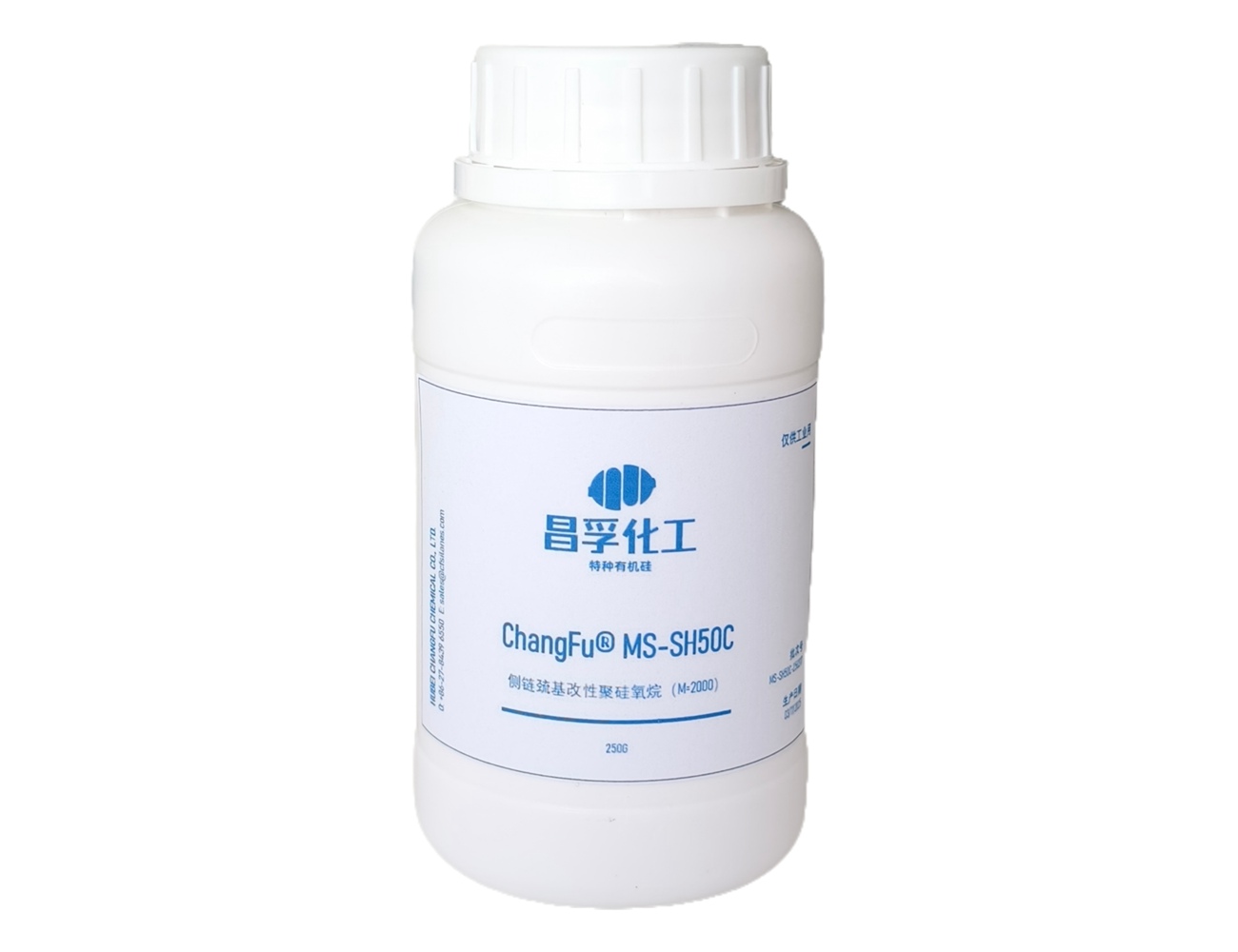



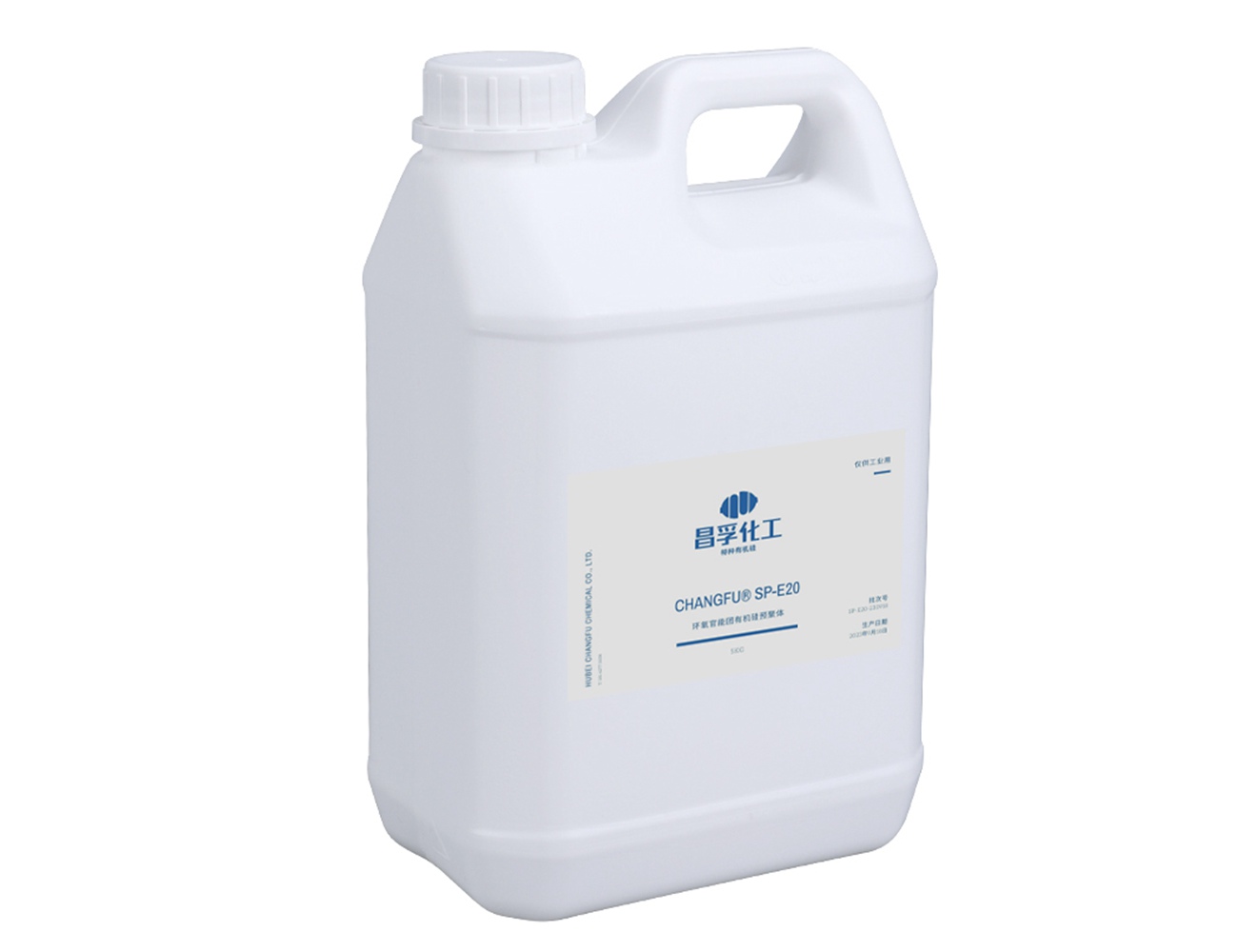
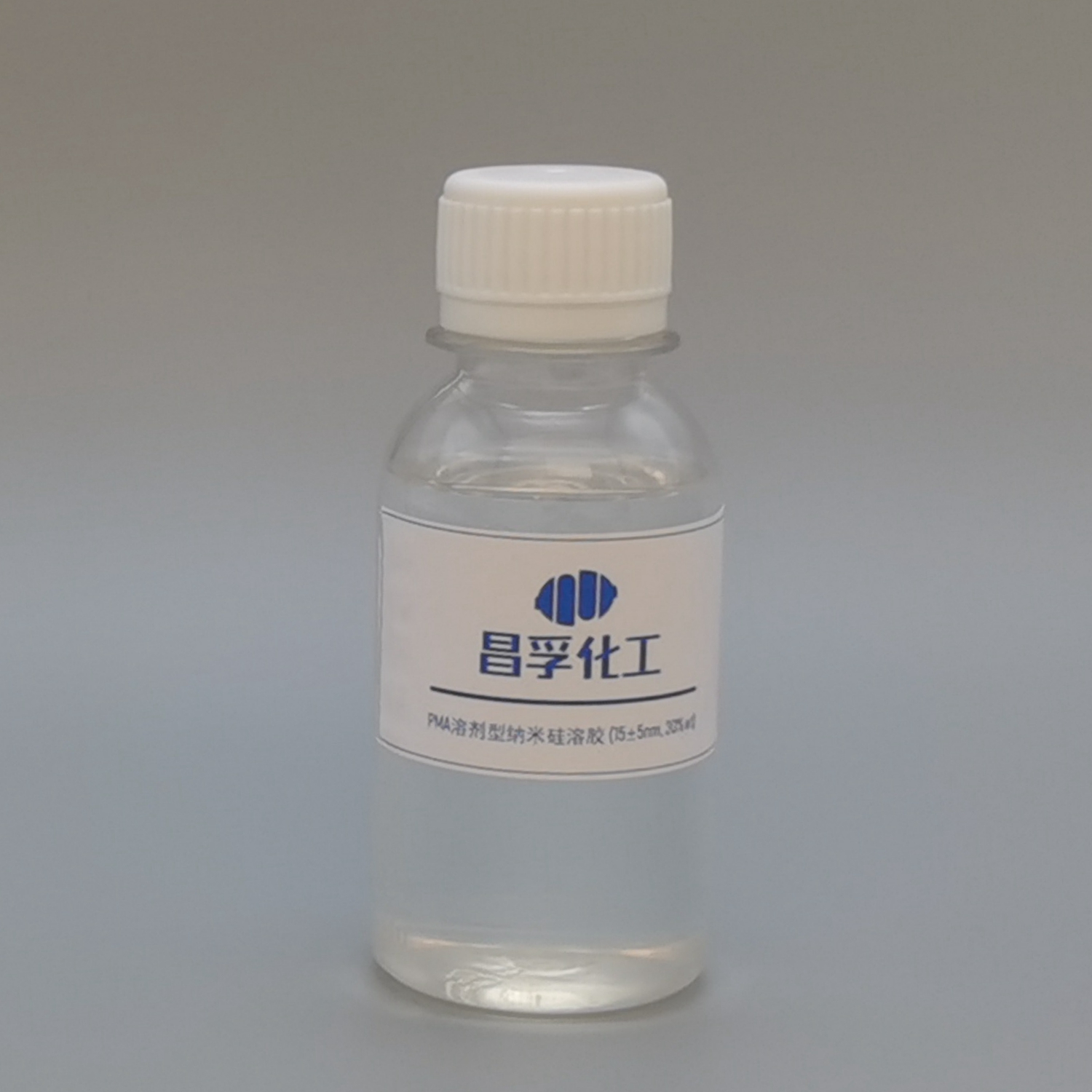
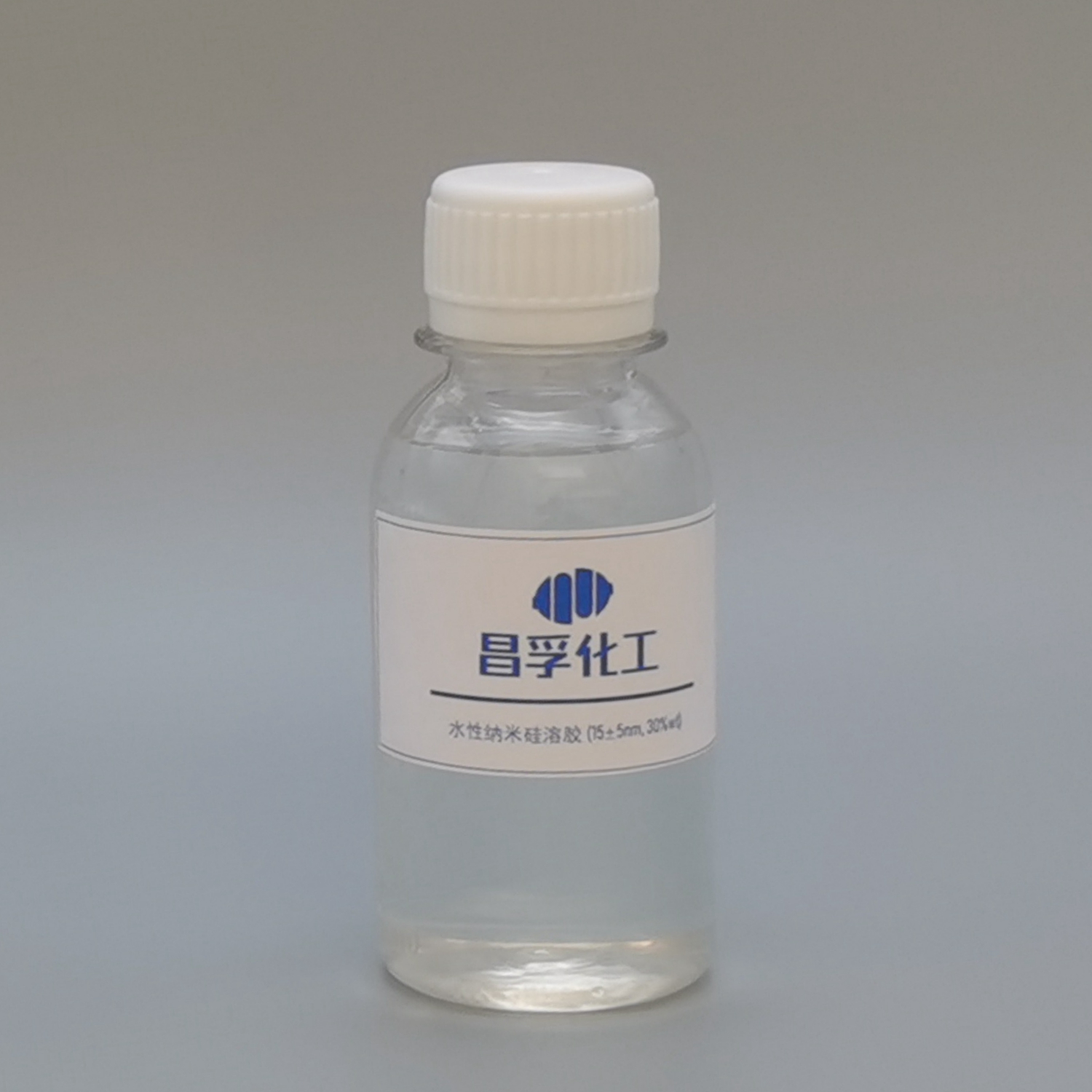

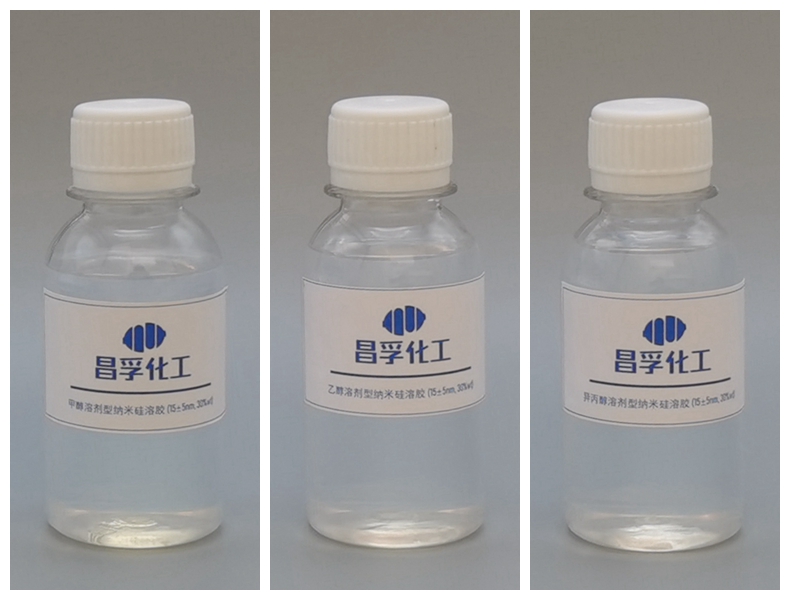
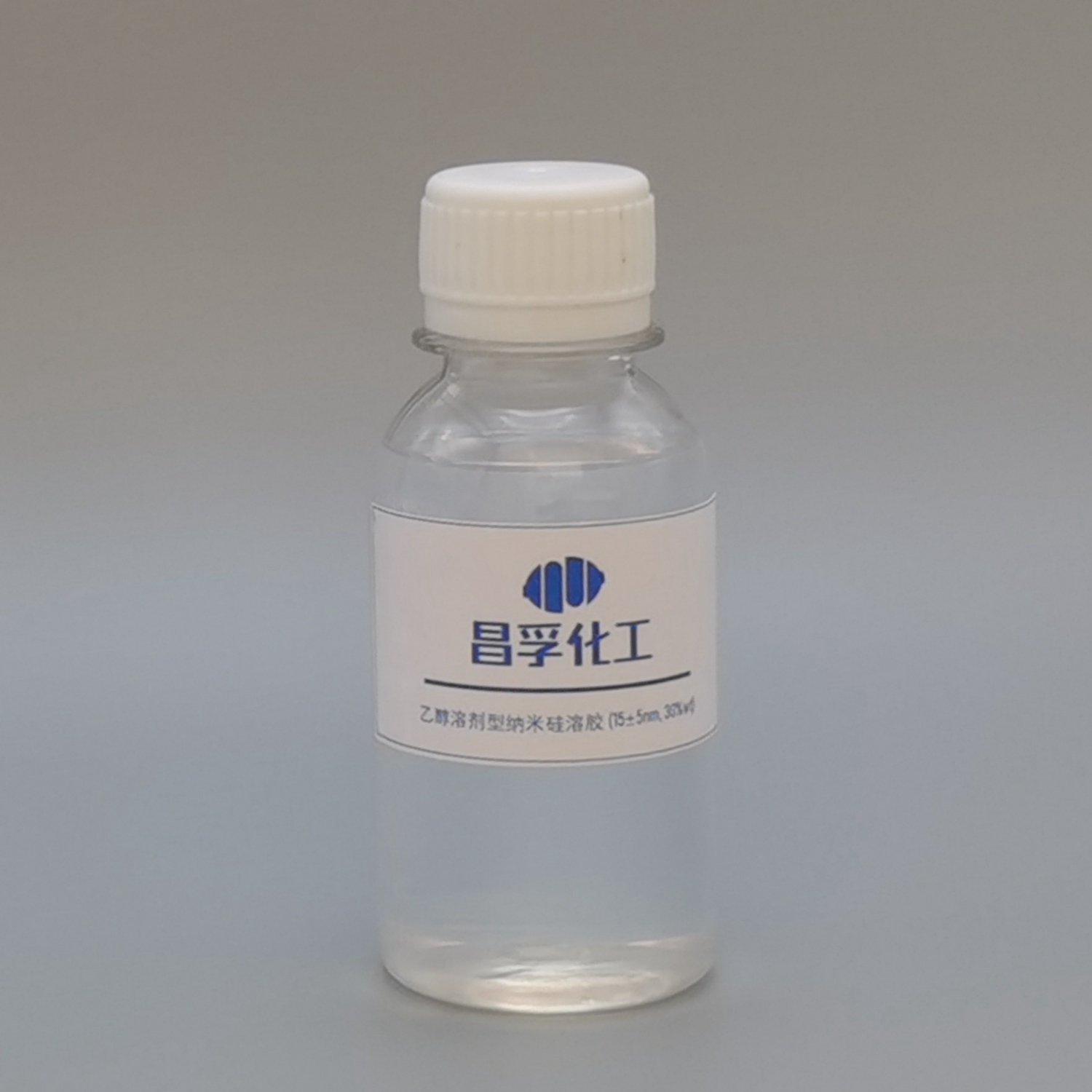
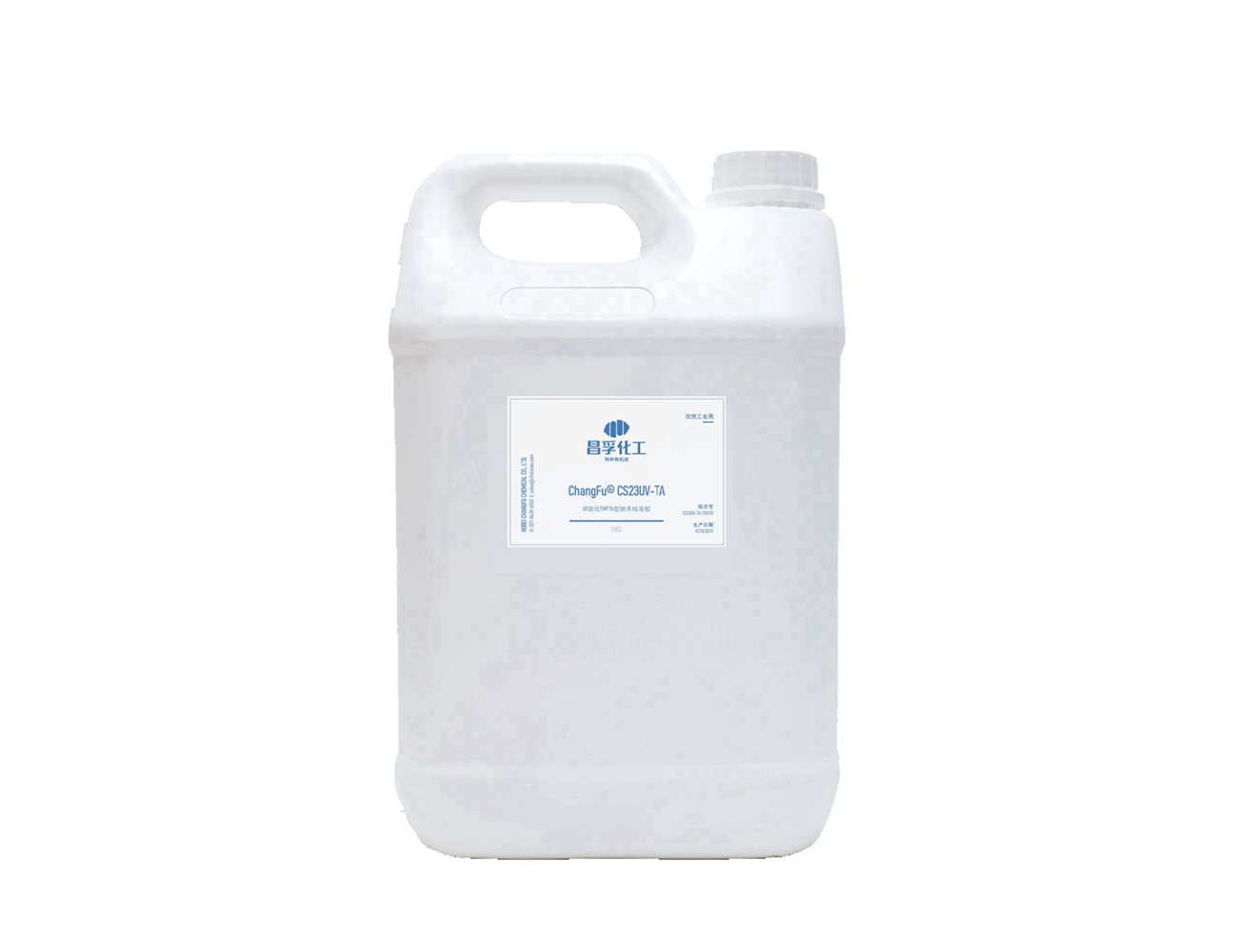
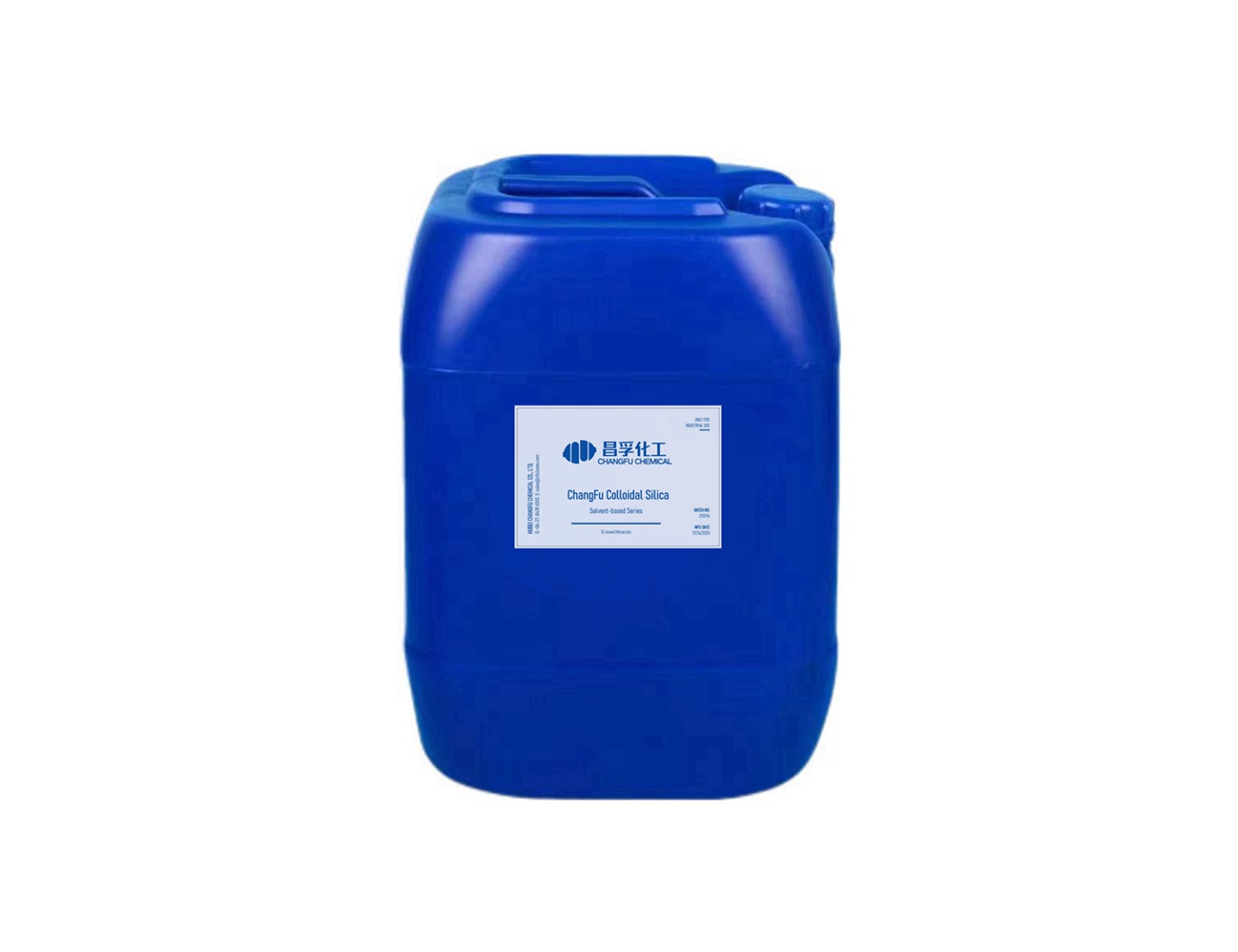


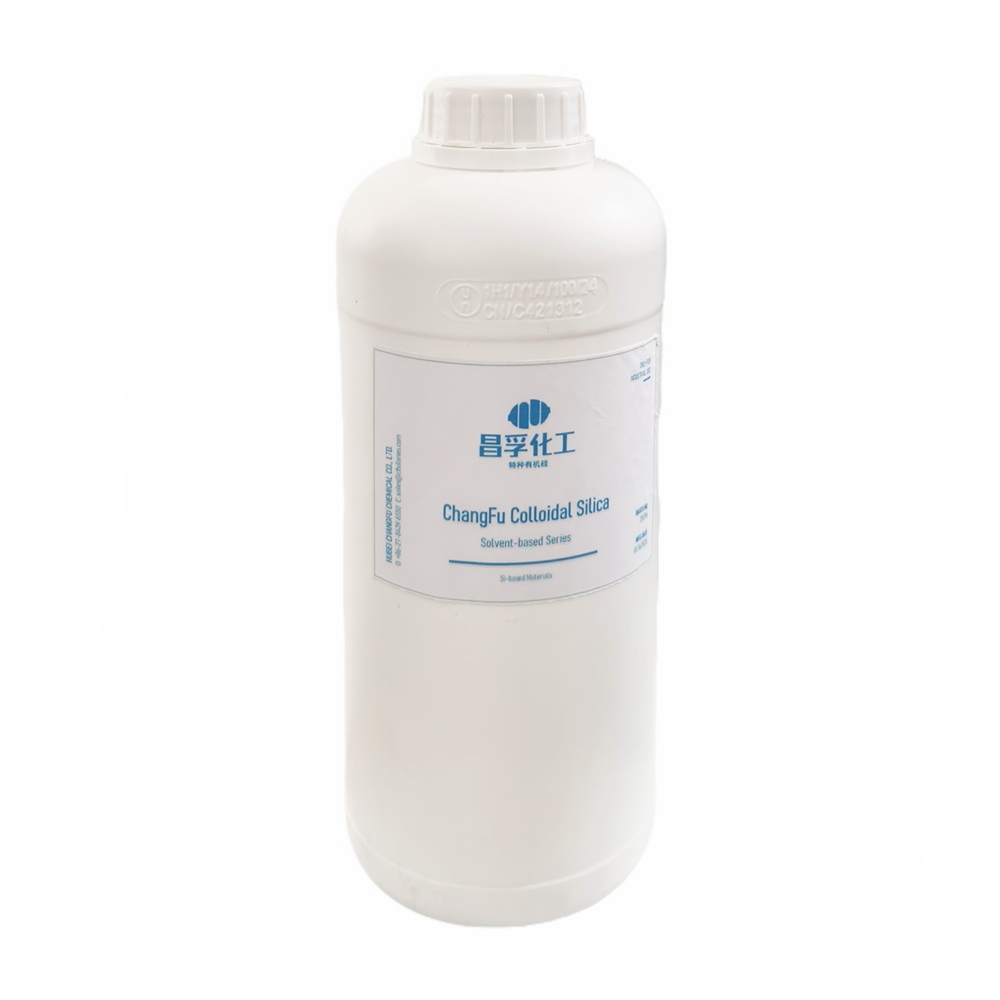


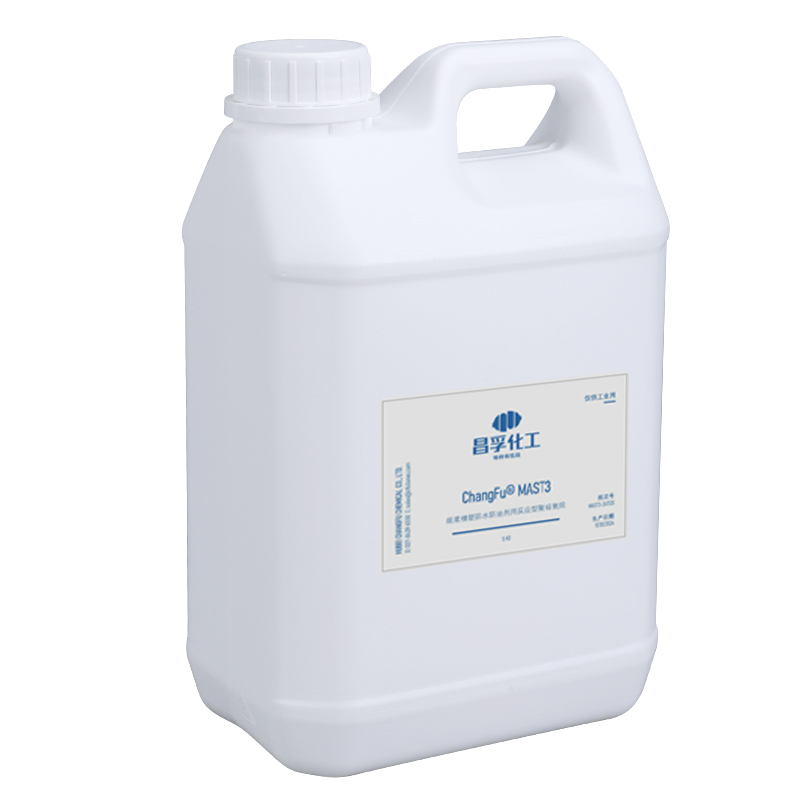





































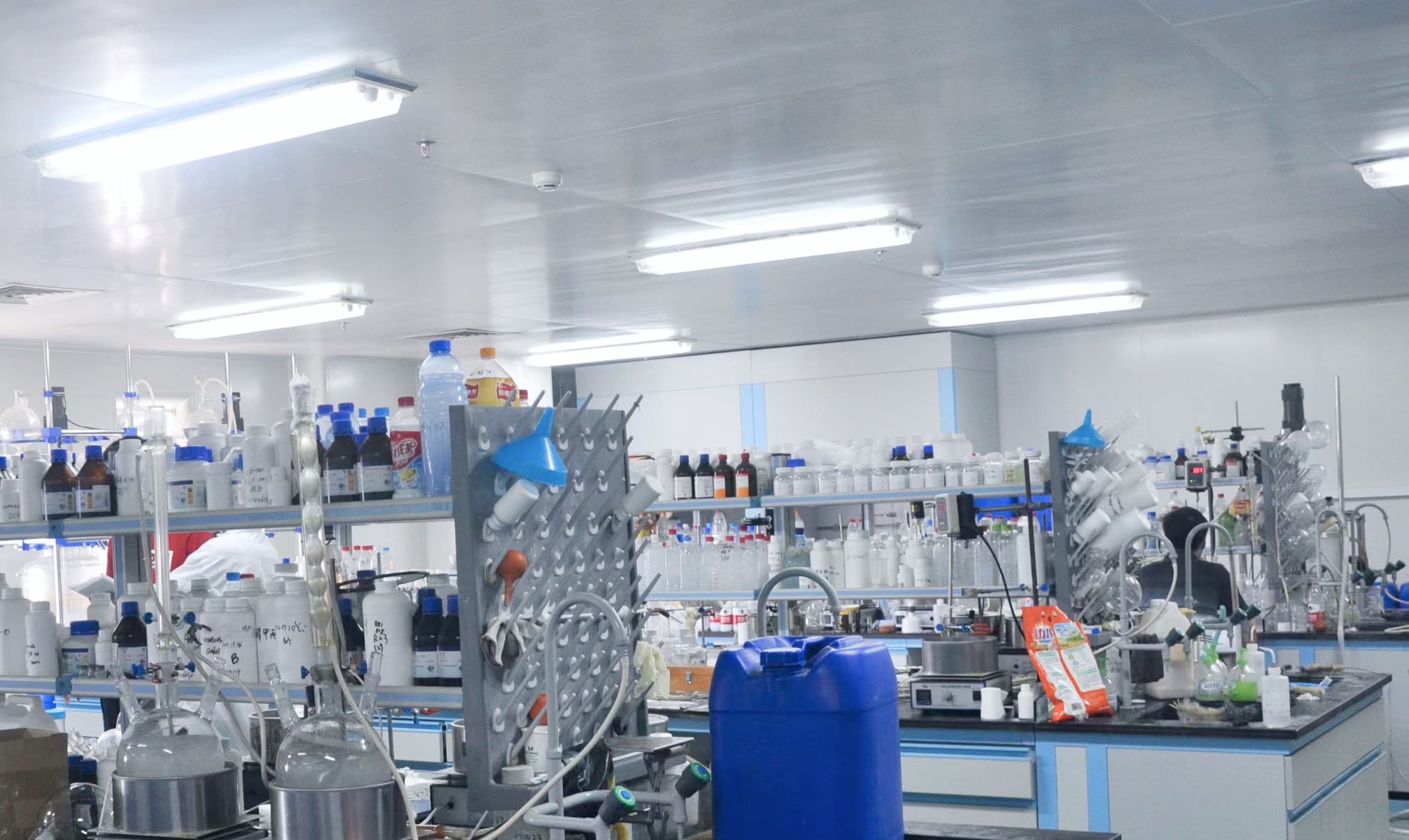

+86 27 8439 6550
+86 181 6277 0058
sales@cfsilanes.com
Optics Valley Bio-City
No. 666, Gaoxin Avenue
Hongshan District, Wuhan City

+86 27 8439 6550 | +86 181 6277 0058
sales@cfsilanes.com
Optics Valley Bio-City
No. 666, Gaoxin Avenue
Hongshan District, Wuhan City
Copyright © Hubei ChangFu Chemical Co., Ltd. All Rights



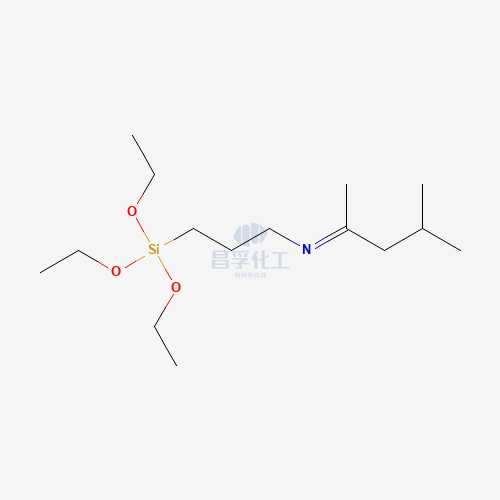
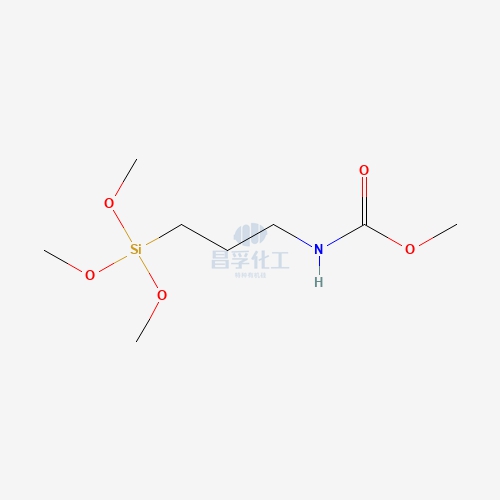
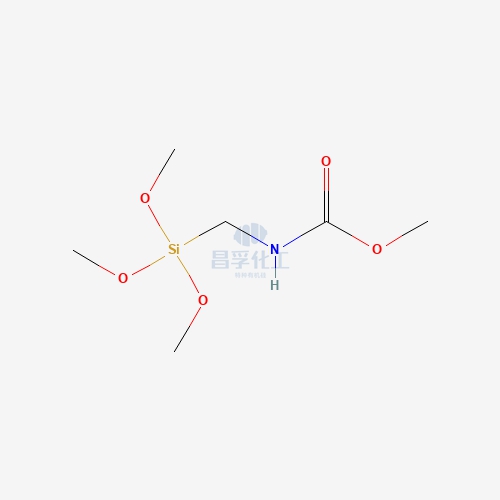
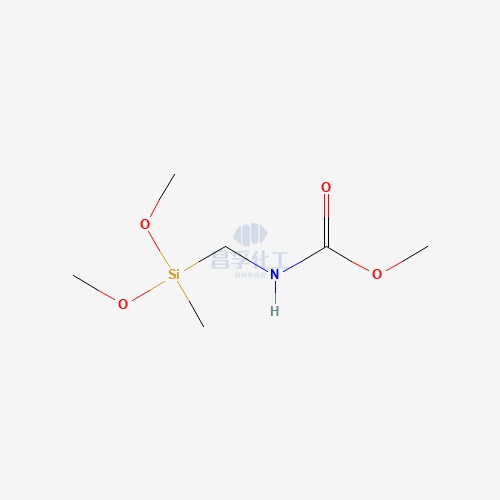
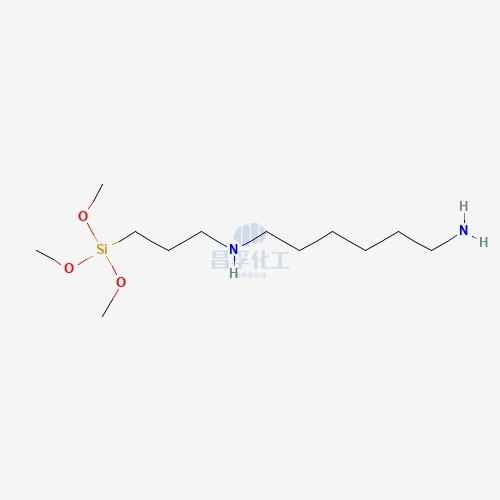
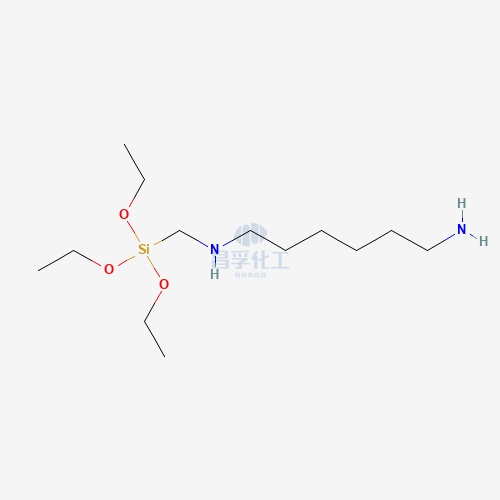
![N-[5-(Trimethoxysilylpropyl)-2-aza-1-oxopentyl]caprolactam CAS: 106996-32-1 106996 32 1 N-[5-(Trimethoxysilylpropyl)-2-aza-1-oxopentyl]caprolactam CAS: 106996-32-1 106996 32 1](https://cdn.yofishseo.com/1363882761272232/106996-32-1.jpg)
